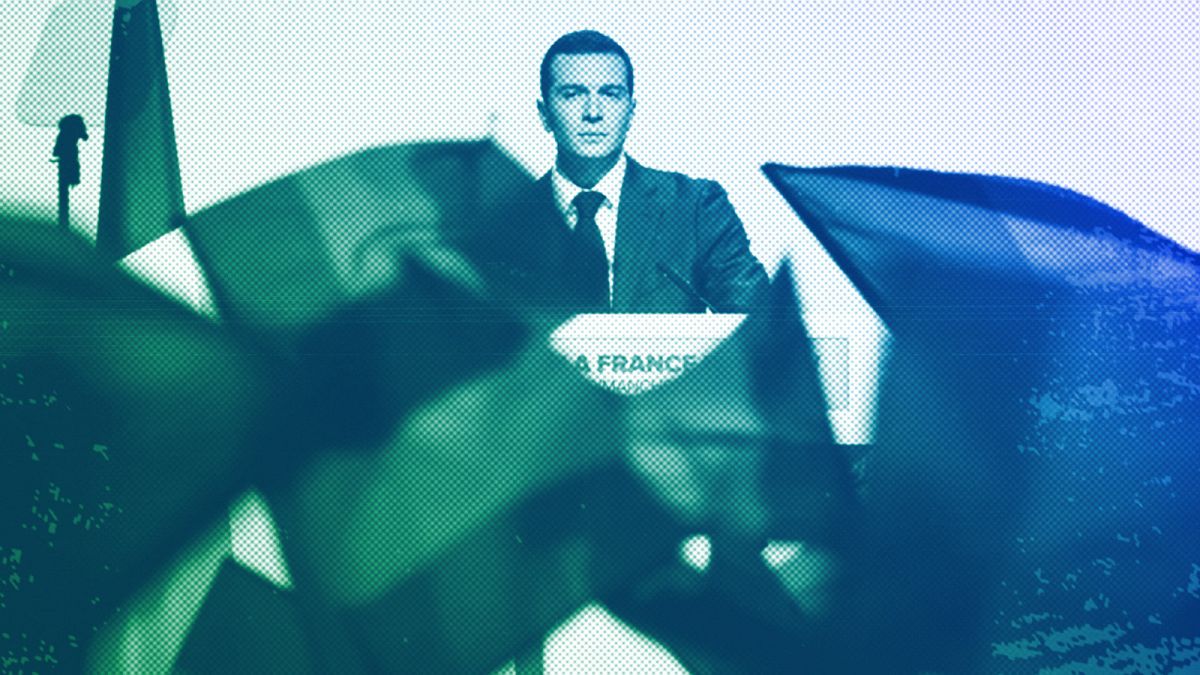French President Emmanuel Macron’s decision to call for new legislative elections following the surge of far-right parties in the European elections has been described as a bold move. Macron announced the dissolution of the National Assembly and called for rapid legislative elections in June and July. This move aims to counter the prevailing narrative that the far right is taking over France. By returning to the voters, Macron hopes to show that the European election results do not reflect the wider political sentiment in France. This strategic move could potentially curb the far right’s momentum both in the EU and globally.
While the National Rally has seen success in European Parliament elections, historically, the far right struggles to mirror this success in French national elections. The drop in popular vote from EU elections to French legislative elections highlights the challenge the far right faces in maintaining their support on a national level. The two-round electoral system in France presents a significant barrier to far-right parties, as traditional party voters often unite behind more moderate candidates in the second round to prevent a far-right victory. Additionally, the National Rally may struggle to find competitive candidates across all constituencies, hindering their chances of securing a majority.
If the unlikely scenario of the National Rally winning the legislative elections occurs, it will face the challenge of governing effectively. The far right party will need to address economic, social, and environmental issues to maintain its position and prevent setbacks in future elections. Macron’s calculated risk in calling for new legislative elections aims to catch the National Rally off-guard and highlight any inconsistencies in their program. Whether Macron’s strategy succeeds or not, it will go down in history as a significant move that could potentially shape the political landscape in France and beyond.
As Chief Data Scientist at the Centre for European Policy Studies, Pierre-Alexandre Balland emphasizes the importance of addressing the rise of far-right parties in France and Europe. While the outcome of the upcoming legislative elections remains uncertain, Macron’s decision to take action against the far-right surge has the potential to influence the political narrative in France and the EU. By presenting voters with the opportunity to voice their opinions once again, Macron is seeking to challenge the prevailing trend of far-right parties gaining traction and mobilize those concerned about this shift in politics.










